Ohio senator Rob Portman has become the latest Republican to reverse his opposition to gay marriage.
Why the switch? Like other Republicans, one of his kids is gay.
“It allowed me to think of this from a new perspective, and that’s of a dad who loves his son a lot and wants him to have the same opportunities that his brother and sister would have – to have a relationship like Jane and I have had for over 26 years,” Portman told reporters during that interview.
Before I get started, let me just say that this is a powerful argument for coming out. Closet cases, take note.
Senator Portman: I’d like to say good for you for not turning your back on your son. Many parents of gay children do, and it puts them at higher risk of suicide. It’s always challenging to change deeply held views, and you did it. Well done.
But — you didn’t change your mind until this issue affected you personally. It’s like that king in the story of St. George. When the commoners’ kids get sacrificed to the dragon every day, it’s unavoidable. But when it’s the princess’s turn, then — holy crap! — it’s time to do something! I don’t find the king to be a terribly commendable character. Maybe if his reasons for doing the right thing were a little less egocentric.
Do you think that next time you have a moral decision — health care, euthanasia, climate change — you can remember this, and maybe just imagine what you would do if you or someone you love were affected, instead of needing to have it play out?
I suspect that if you did this, you might not be a Republican for very long. But give it a try, okay?
UPDATE Jon Chait:
Portman ought to be able to recognize that, even if he changed his mind on gay marriage owing to personal experience, the logic stands irrespective of it: Support for gay marriage would be right even if he didn’t have a gay son. There’s little sign that any such reasoning has crossed his mind.
It’s a great strength of the movement for gay political equality that lots of important and influential people happen to have gay children. That obviously does change people’s thinking. And good for them.
But if Portman can turn around on one issue once he realizes how it touches his family personally, shouldn’t he take some time to think about how he might feel about other issues that don’t happen to touch him personally? Obviously the answers to complicated public policy questions don’t just directly fall out of the emotion of compassion. But what Portman is telling us here is that on this one issue, his previous position was driven by a lack of compassion and empathy. Once he looked at the issue through his son’s eyes, he realized he was wrong. Shouldn’t that lead to some broader soul-searching? Is it just a coincidence that his son is gay, and also gay rights is the one issue on which a lack of empathy was leading him astray? That, it seems to me, would be a pretty remarkable coincidence. The great challenge for a senator isn’t to go to Washington and represent the problems of his own family. It’s to try to obtain the intellectual and moral perspective necessary to represent the problems of the people who don’t have direct access to the corridors of power.
UPDATE AGAIN Steve Benen
To be sure, I’m genuinely glad Portman has done the right thing, and can only hope it encourages other Republicans to do the same. What I find discouraging, though, is that the Republican senator was content to support discriminatory policies until they affected someone he personally cares about.
What about everyone else’s sons and daughters? Why must empathy among conservatives be tied so directly to their own personal interactions?



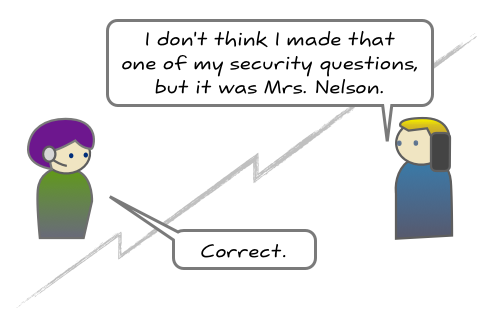
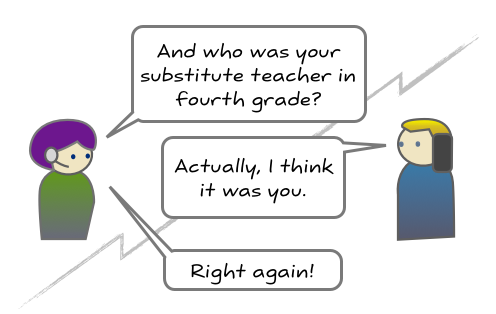
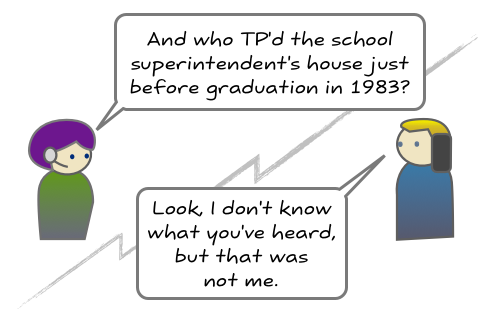



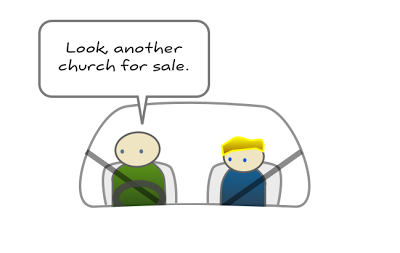

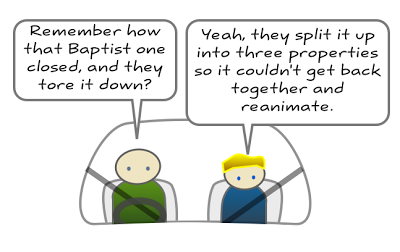

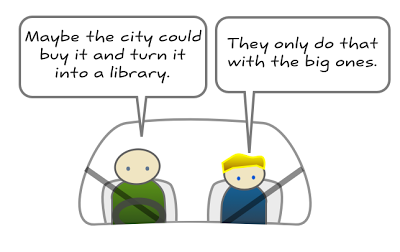
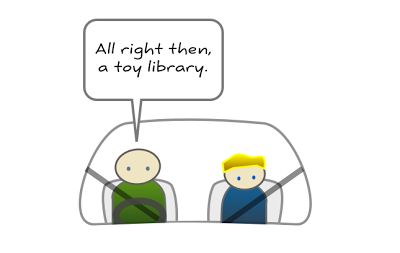
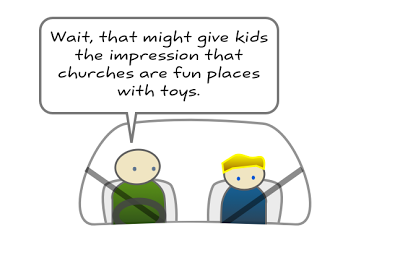

Recent Comments